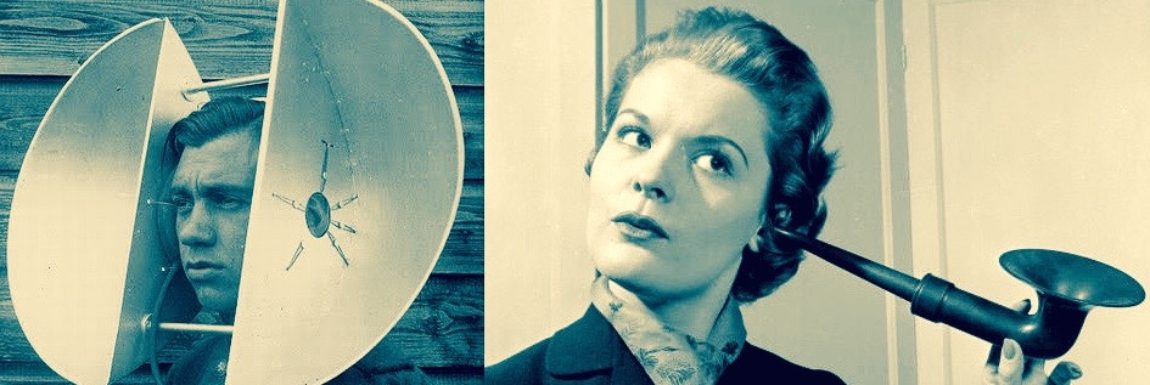It may well be the most comprehensive and ambitious research program of its kind and the Stanford Initiative to Cure Hearing Loss (SICHL) mission statement reflects that:
“The goal of the Stanford Initiative to Cure Hearing Loss is to devise treatments that repair the damaged ear and restore lost hearing, quiet tinnitus, and improve balance.”
How far have they come toward achieving that goal?

The progam was established 12 years ago with Robert Jackler as its Chairman. The first researcher Jackler hired was Professor Stefan Heller.
“Rob and I, we had a vision together which was to focus the research on one target and that is to find a cure for hearing loss. That fascinated me because there was no other place in the world you could actually start from scratch, and we were able to hand pick people over the years who have a variety of backgrounds who shared our goal.”

His eponymous facility, The Heller Lab, is a key part of SICHL. Heller and his team are focused on the cochlea, unlocking the secrets of hair cells and their related cells, to uncover ways to regenerate them.
Much of their research is based on the fact that birds can regenerate their hair cells but mammals, including humans, cannot. We are born with some 30,000 of these sound sensors and they die off as we age, or are damaged by loud noises, ototoxic drugs and infections. Once they are gone, they are gone.
But birds are lucky. “If you deafen a songbird,” explains Heller, “it regenerates its hair cells and by next spring it’s able to learn a new song.” The fact that it can learn a new song is significant because it shows that not only have their hair cells regrown but they have also reconnected to the brain.
Understanding how birds regenerate their hearing is fundamental to understanding how one day human ears can be coaxed into performing the same trick. “That is our basic strategy to get to the point where we can actually put in a tool, a drug or something to get human hearing going again.”
“I think the first drug will come to market in the next decade.”
But he cautions that there will be no one eureka moment or across-the-board breakthrough. It will be a long process, much like the fight against cancer. There is no single cure for cancer but there are now very successful treatments for various forms of it.
Heller expects the treatment of hearing loss will follow much the same pattern.
Looking ahead, Heller has high hopes for his team, “I think we’re in for a couple of really good years where I think we will really make some advances.”
To support SICHL please visit this site for info.

